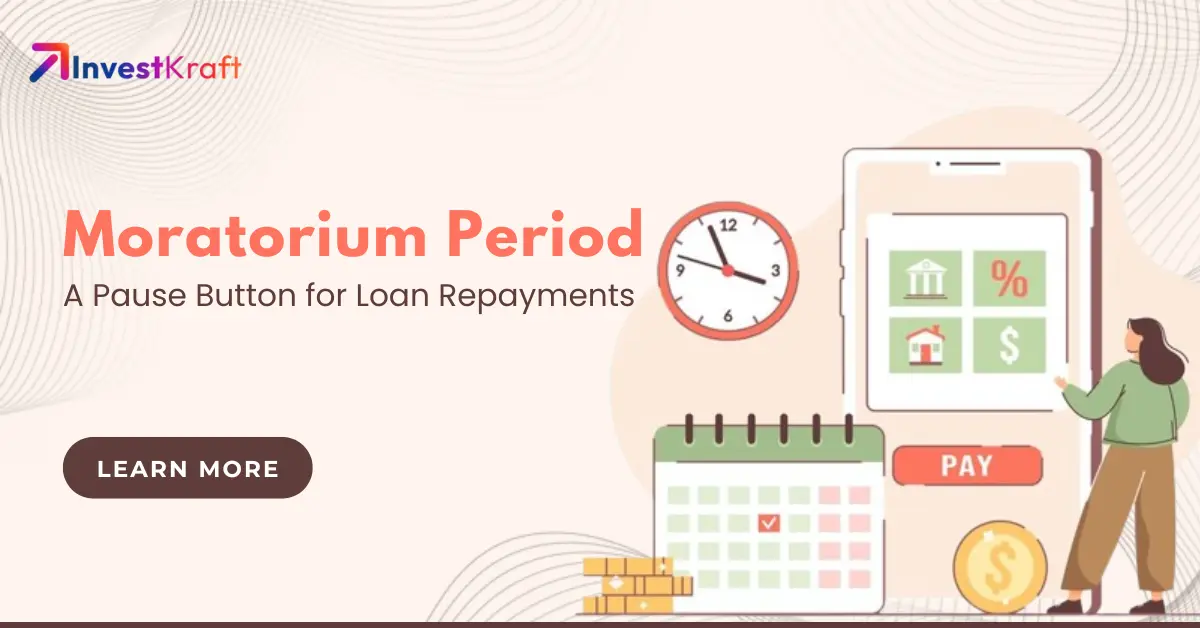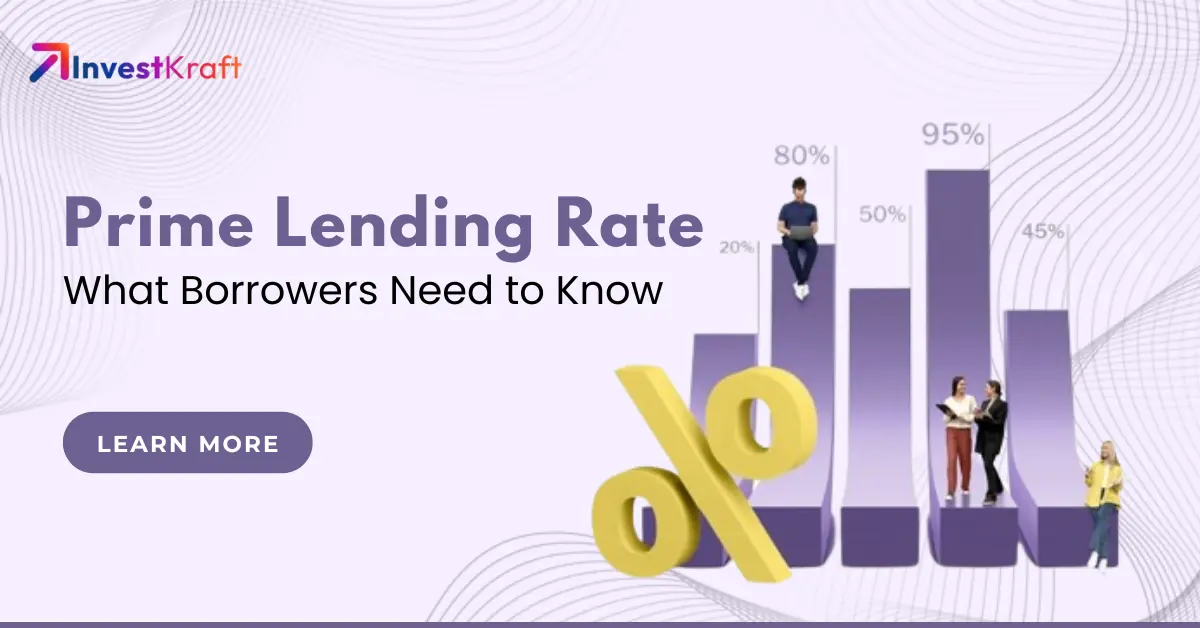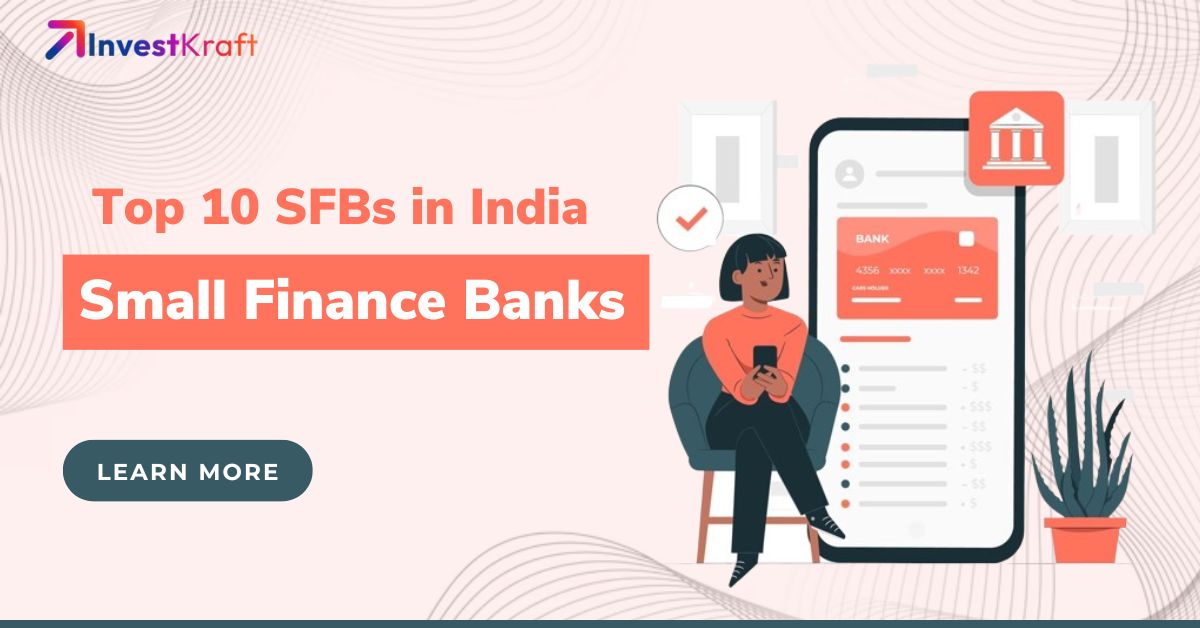What Happens When People Fail To Repay A Loan?
.webp)
A fixed interest rate must be paid in order to pay off a personal loan, as is known to those who take one out. Sadly, though, people frequently find themselves in precarious financial situations that compel them to stop making loan payments. A medical emergency, a job loss, an urgent trip, etc. are a few situations that result in late EMI payments. It is preferable to let the lender know about your circumstances when you find yourself unable to make repayments in such circumstances. The majority of lenders will provide assistance and suitable choices to help you get your personal loan payments back on track.
But, it would be interesting to know what would happen if the borrower doesn’t pay the loan amount as per the repayment schedule. Let’s get to know what could be the consequences in the following part of this post.
Outcomes of Loan Default
Not being able to pay back your debts will have two main effects.
The first is that your credit rating will suffer. CIBIL and other credit rating organisations get all credit-related data from loan holders and credit card users. They are well aware of your credit history. Your credit score is now required to be pulled for each loan application. Only if your credit score is determined to be favourable will your application be accepted. You will have a worse credit score if you miss payments. Future loan applications will be challenging, if not impossible, as a result.
Read More: 7 Factors That Affect Personal Loan Requirements In 2023
Second, the lender may reclaim the assets that served as loan collateral and then put them up for auction after going through the required legal procedures.
What Is The Benefit of Doubt?
Every borrower is given the chance and right to contact the bank if they are having trouble making their installment payments, and they may also select to restructure their debt in order to facilitate a seamless repayment procedure.
The borrower receives preliminary notifications that include information about the amount owed plus interest and penalty. The bank may choose to take legal action if it has grounds to suspect that the client is purposefully delaying payment or if the client has not presented the bank with a clear repayment plan. If a guarantor is present, the bank may get in touch with him since, in the event of the applicant's default, he is expected to repay the loan.
Read More: How To Calculate Personal Loan Interest Rates in 2023?
The bank will begin to follow up as soon as even one payments is late. However, the customer's approach to the matter and his present situation will determine how things go. Legal action is a process that is used when more modest means fail to produce desired outcomes; it will not happen by accident.
Events such as illness, death, or accidents may inadvertently cause the payback plan to be broken. In certain situations, banks will grant the customer and his family reasonable vacation time.
Rules issued by the Reserve Bank of India stipulate that banks must provide customers a fair amount of time to make payments and prohibit them from utilising "muscle power" to collect debt. Banks have a set code of conduct that they must follow.
What You Should Do If You Find Yourself Unable To Repay The Loan Amount
You can't have missed several months' worth of EMI payments without a good reason. You could have experienced job loss, had an emergency that depleted all of your resources, or had to pay a hefty price for your house, schooling, or another pressing need.
Regardless of the cause, you may want to take into account one of these several possibilities if you're having trouble paying your bills.
1. Put off making payments
You might request an EMI holiday for a few months after informing the bank of your temporary incapacity to make payments. This kind of predicament might arise after a temporary loss of business or employment, or during a shift in jobs. Banks may apply fines even if they consider these as legitimate explanations.
You can't have missed several months' worth of EMI payments without a good reason. You could have experienced job loss, had an emergency that depleted all of your resources, or had to pay a hefty price for your house, schooling, or another pressing need.
Read More: How To Get Personal Loan On Salary Slip In 2023
Repercussions of Non-Payment of Loan Amount
There could be several end results of the non-payment of loan amount that are defined below.
- Effect on the co-signor – Through the co-signer or guarantor, the lender may attempt to recoup the overdue payments on the personal loan. To collect the balance of the personal loan through their source, the lender could phone them as a reminder.
- Reduction in credit score - Your credit score is somewhat impacted since lenders notify Indian credit bureaus like CIBIL and Equifax about delinquent loan payments. A low credit score may make it more difficult for you to get loans or credit of any type in the future.
- Collateral damage - Even though a personal loan is an unsecured loan, the lender may occasionally request security if you are unable to repay the loan or if you have a history of missing EMI payments.
- Extra charges and penalty - When a personal loan payment is made late or in default, the lender may impose additional fees or penalties. Penalty costs, which may amount to 2% or more of your total EMI amount, are assessed when you miss EMI payments.
- Increased financial burden - It is certain that the increase in interest rates and other penalty charges would make your financial condition more challenging and burden daily costs.
Regardless of the cause, you may want to take into account one of these several possibilities if you're having trouble paying your bills.
1. Put off making payments.
You might request an EMI holiday for a few months after informing the bank of your temporary incapacity to make payments. This kind of predicament might arise after a temporary loss of business or employment, or during a shift in jobs. Banks may apply fines even if they consider these as legitimate explanations.
2. Lowering the EMI
Have the monthly outlay lowered if you are having trouble paying the EMI. You can go to the lending company and ask them to extend the term of your loan. This will lower your monthly EMI payment, but you could have to pay more interest overall. When your finances are more stable, you ought to raise the EMI amount once more.
3. Loan restructuring
A borrower may ask the lender to modify the terms and conditions of his loan if he is unable to adhere to them. This might result in longer loan terms, a decrease in fees, a drop in interest rates, an interest moratorium, etc.
4. Loan settlement
When a borrower is unable to repay their loan to the degree that their interest accumulated exceeds the principal amount, they typically utilise this option. At this point, the debt would have been categorised as a non-performing asset (NPA) by the lending institution. It's possible that the borrower is insolvent or unable to make any further payments. He might be able to pay off the debt with a single, modest payment. A bank recently extended a settlement offer, covering up to 90% of the principle and 100% of the interest, to its non-performing assets (NPAs) in the education loan industry. However, proceed with care if you accept this offer: The fact that you were unable to repay your debt in full will appear on your credit record, and as a result your CIBIL score will be affected.
FAQs
How much is the typical late fee for loans with missed EMIs?
You may incur late payment penalties equal to one to two percent of your outstanding loan amount for each missed EMI.
When is a payment that is late deemed to be in default?
Any EMI payment that is overdue by 90 days is regarded as in default.
Does my credit score suffer if I miss an EMI payment?
Indeed, failing to make an EMI payment is shown on your credit report and has an impact on your repayment history.
The Conclusion
Always remember that a personal loan is an unsecured loan that is granted based on your capacity to repay the loan or your credit history. Furthermore, you are responsible for repaying the personal loan balance within the allotted period of time. Missing loan installments can have a negative impact on your finances and credit score. Therefore, keep these repercussions in mind when asking for a personal loan to avoid getting into such circumstances.
Verify Phone Number
Related Post

Best Instant Loan Apps for Students in India 2026
For students, getting an instant loan is always a massive challenge. Why? Because you usually...
Read more...
RBI Approved Loan Apps in India 2026: Best Instant & Safe Loan Apps List
Instant loan apps have completely changed how Indians borrow money. Whether you need ₹1,000 ur...
Read more...
How Does the Moratorium Period Act as a Life Raft for Borrowers?
Financial jargon, whether taking a loan or opening a bank account, can be confusing and tricky. Thes...
Read more...
New to Credit? Stop Worrying and Build Your Credit with These Essential Tips
Establishing and maintaining a healthy credit score can seem overwhelming, particularly for new borr...
Read more...
Prime Lending Rate: A Friend or Foe for Borrowers?
When purchasing items on credit, it is common to need a financial investment and many turn to loans...
Read more...
Top 10 Foreign Banks in India 2025
Foreign banks bring crucial international expertise and capital to India’s BFSI industry, benefiting...
Read more...
Top 10 P2P Lending Companies in India 2025
Peer-to-peer lending, or P2P lending, offers a way for individuals to borrow and lend money without...
Read more...
Complete List of Cooperative Banks in India 2025 – Urban & Rural Co-ops Banks
The role of cooperative banks in a rapidly growing nation like India is of crucial importance. The c...
Read more...
Complete List of Regional Rural Banks (RRBs) in India 2025 – Services & Functions Explained
Established on the recommendations of the Narasimhan Working Group in 1975, Regional Rural Banks (RR...
Read more...
Top 10 Small Finance Banks (SFBs) in India 2025
Small Finance Banks aim to empower marginalized groups in society, including small businesses, margi...
Read more...Reach out to our Experts if you have any Doubts
Like the best things in life, Consultations @InvestKraft are free
Drop a Mail or give us a Missed Call & Begin your Investment Journey here







